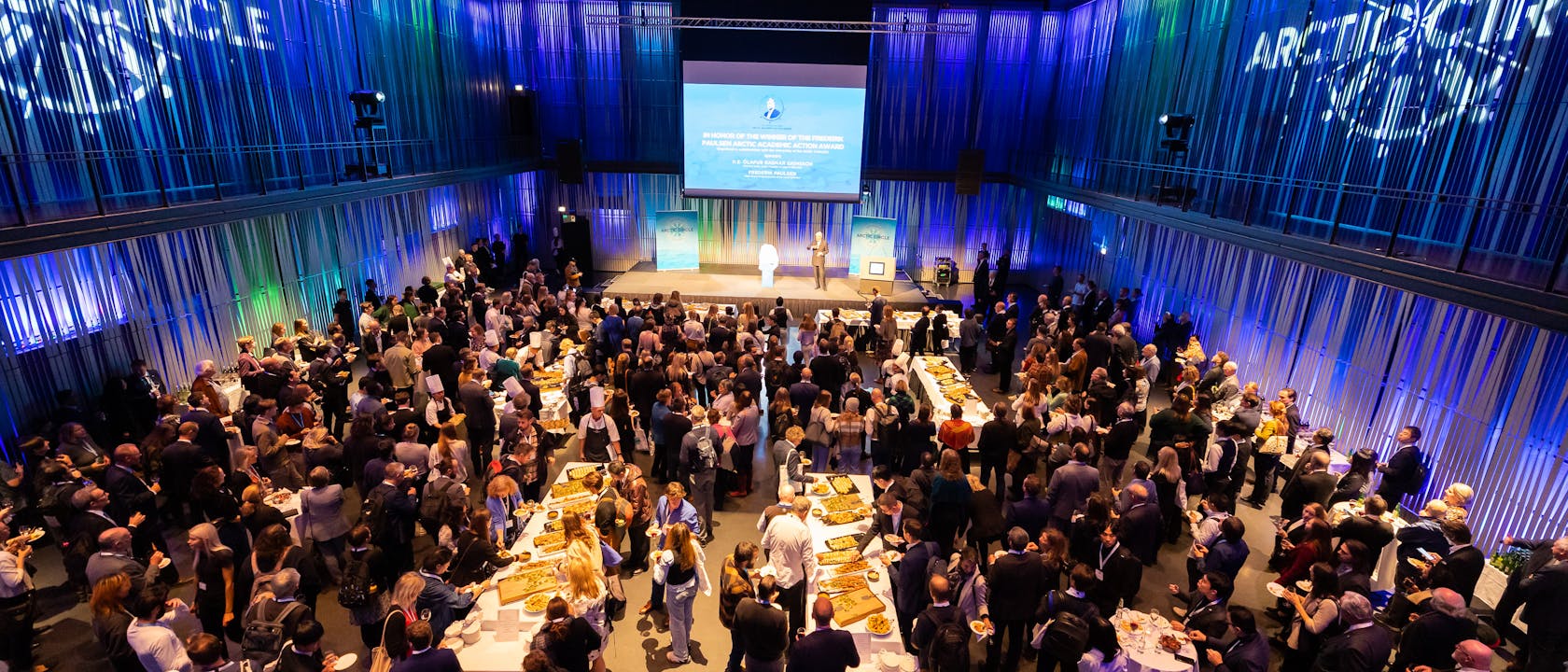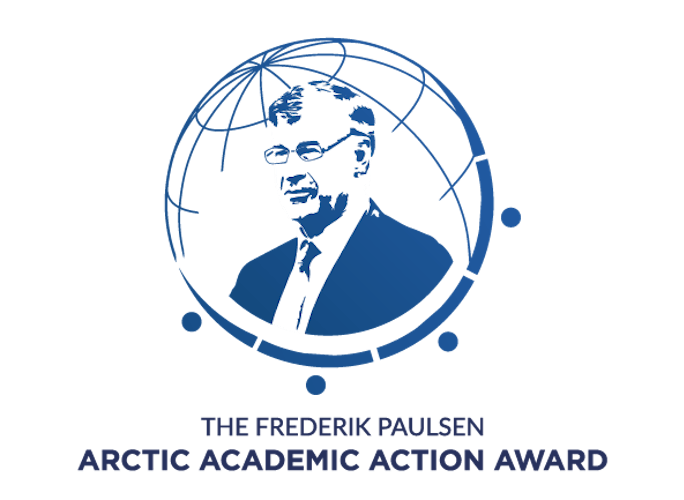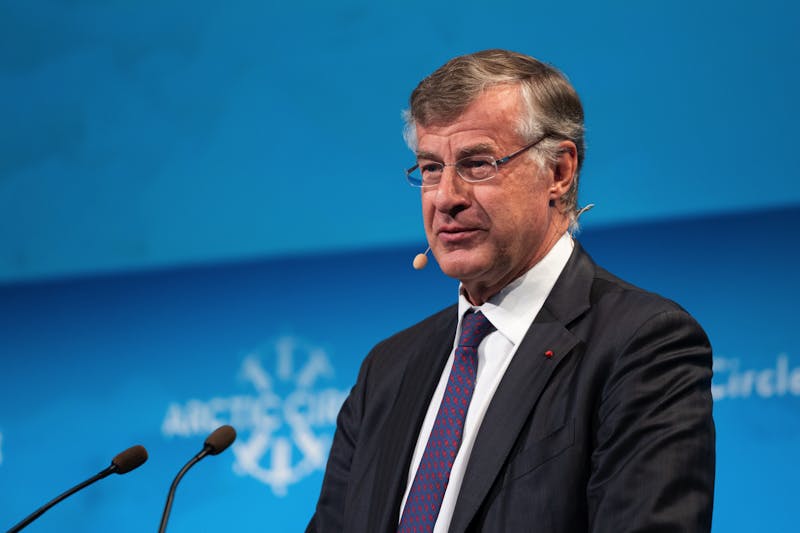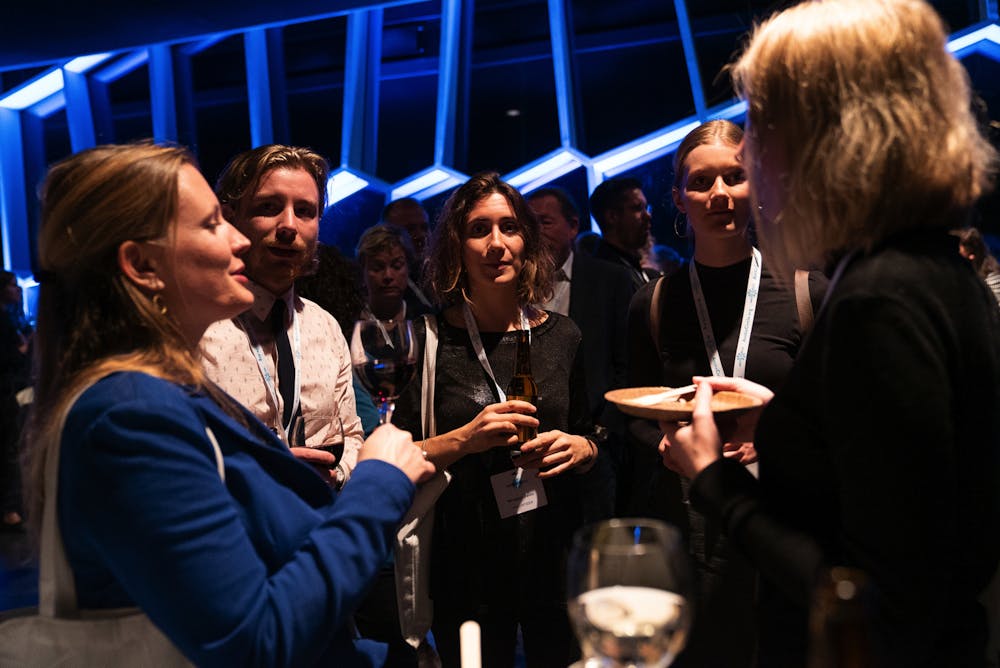The Arctic is warming at three to four times the global average. Shrinking ice and rising temperatures are having predominantly negative impacts on infrastructure, food security, water resources and quality, wildlife, health and well-being, and ways of living, particularly for Indigenous peoples. Changes in the Arctic are not limited to the Arctic; they affect climate, oceans, and access to resources globally.
It is not enough simply to hope that solutions to the problems caused by climate change will arise on their own. We must work together to solve the underlying causes of the ongoing transformation of Arctic systems and to adapt to rapid changes.
So far, many climatic actions have centered on measurements, information gathering and analysis; all of which are undoubtedly important. We must go a step further, however, to encourage action-based activities that would have a real impact on the Arctic, its residents and beyond through adaptation, mitigation, or even reversing the effects of climate change.
This requires the academic community to work together with residents of the Arctic and policymakers. We hope this award will encourage more action-based, collaborative research, and help bring creative ideas to fruition.
The Arctic Academic Action Award provides high-level recognition for innovative ideas that aspire to transform knowledge into action to help address the causes and impacts of climate change in the Arctic. Through this award it is hoped to bring together potential concepts for preventing, mitigating, adapting, and reversing Arctic climate change. The cohort of award recipients will form a powerful group of leaders whose ideas will be fostered to develop and implement meaningful solutions and projects to address Arctic climate change.










